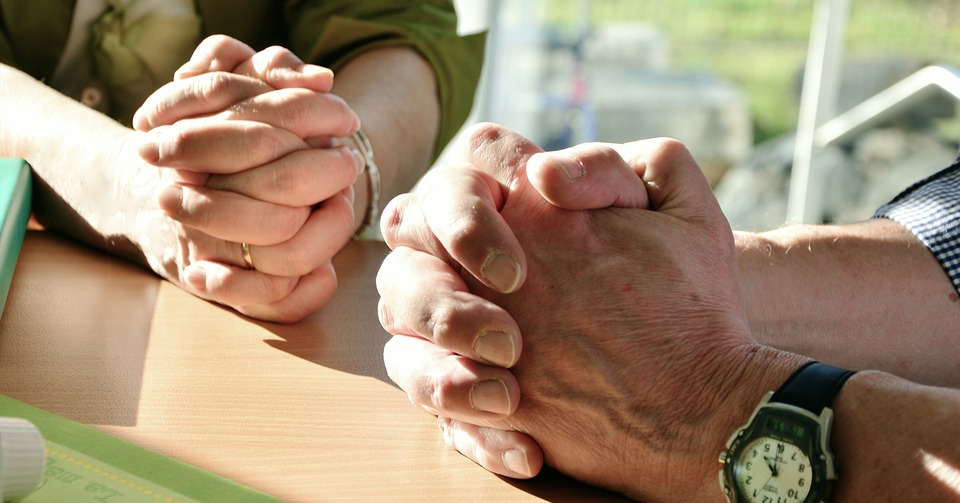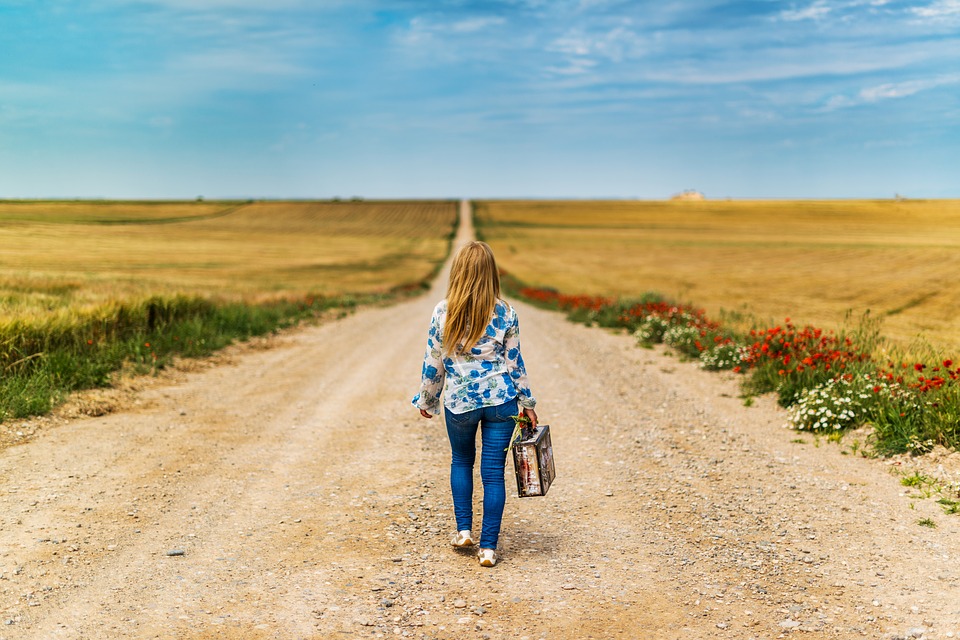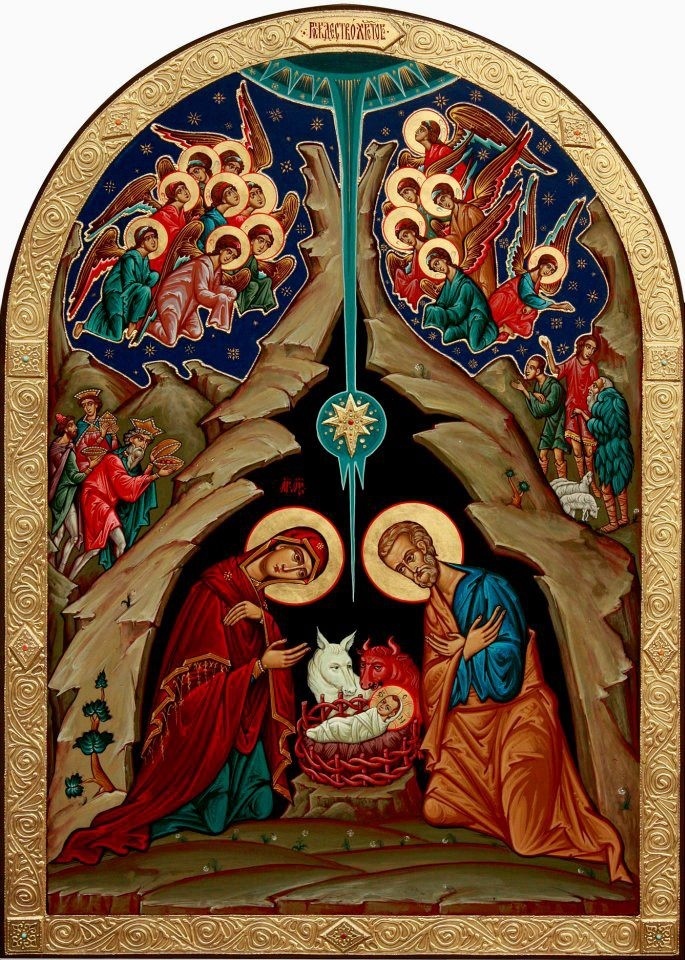
July 26th, 2020
the 8th Sunday after Pentecost
Proper 12
Today’s readings are:
1 Kings 3:5-12
Psalm 119:129-136
Romans 8:26-39
Matthew 13:31-33, 44-52
If you don’t have a Bible handy, click here for these readings.
I love this question that God asks to Solomon. Here’s Solomon, King David’s son, rich and powerful and breeming over with wisdom, and God asks this strange, cryptic-sounding question: “Ask me what I should give you.”
Now, this is what we call a loaded question – or, at least it sounds like one. Ask me what I should give you. As me. what I. should give. to you. Now, I think the base meaning is pretty plain, and different translations make this less torturous of a question. Ask what you want me to give you, says the NIV. The Common English Bible has, “Ask whatever you wish, and I’ll give it to you.” So, if Solomon said, “A puppy and a pair of hiking boots,” God would have given him a puppy and a pair of hiking boots. And if Solomon was smart, he would have asked for the world as his oyster, an army ten thousand swords strong, and a time machine. But Solomon isn’t smart, he’s wise; and so he asks for the ability to lead his people. He asks to be a good king.
But I think our translation this morning, from the NRSV, has it best: “Ask me what I should give you.” And it is one word here that, I think, gets to the heart of the matter: should. Ask me what I should give to you.
Last night, it was my turn to cook, and I looked around the kitchen, put my hands on my hips, and asked myself, “What should I cook for my family.” If I had asked, “What do I want to eat”, the answer would have been pizza. I always want to eat pizza. But “what should I cook” brings up something else. “Should” is more than desire, more than wanting, more than a fun meal. The answer to “what should I cook for my family” asks about their health, their well-being, their future growth and development. And while pizza might make their taste-buds sing, a healthy balanced meal is what I ‘should’ serve them.
What “should” Solomon pray for? What “should” we pray for? I don’t know about you, but nowadays I come to this question a lot. I mean, we’ve got a prayer list for the parish, full of names of one another’s loved ones. And I’ve got my own personal prayer list, full of little notes about who I’m praying for, who asked me for prayers, and when I should get back in touch with that person to ask how things are going. We should always pray for folks on the prayer list, and I hope you do.
But I mean something else. Each day in my email, I get two different emails from the government. One is from the county, one from the state. And at the top of these emails is a list of folks in the county, state, country, and world who are sick with COVID and who have died from COVID. They don’t print how many families are affected by the virus, how many children and grandkids have been left without a parent or grandparent, and so I just multiply the number a little for that. And I think: Good Lord, how do I pray for all this?
Or I look at what’s going on in cities like Portland. I have a few friends up there, some of whom are just trying to live and work in the city. They’re scared. And I have other friends, Christian friends and fellow priests, who are at the demonstrations, and who believe that it’s their Christian duty to do so. And I get calls from friends further afield, asking me what’s going on, what can I do, what can you do, what can we do? And, now, I’m the kinda guy who tries to hold the center, and so I’m sitting between all this and wondering: what should I pray for? God, how should I pray?
Now, this question – God, what should I pray for – it actually is a prayer, too. As long as we’re not throwing up our hands and turning our backs on everything when we pray it, the question “God, what should I pray for” is sometimes a good, honest, wholesome prayer. God hears prayers in the form of a question, and God hears mumbled prayers that show our confusion. But prayers aren’t just us expressing our frustration, pain, and confusion; prayers are conversations with God, places we encounter the life-giving, transfigured, eternal love of God. If we can speak our prayers instead of mumbling them, we should.
The word “should” is about foundations. It is about the heart of our common life with one another and our common life lived to God – which, really, should be the same thing. Solomon sees this, and that’s why his prayer pleases God. Solomon sees that the point of being a king is not to have better things than everyone else, to be rich and famous, to drive a nice chariot and have a beautiful wife and tons of kids who don’t fight. It’s not about having a long life. It’s about service, about working for the good of those under his charge, and about having the skills to help them live a healthy, vibrant, life-filled life.
What should we pray for? If God came to you and asked you, “Ask me what I should give you”, how might you answer? Health for our loved ones? Yes, certainly. Health and safety for our town, county, state, country, world? Yes, definitely.
But go a step further, as Solomon did. His responsibility was to his people; who are you, as a Christian, responsible for? How did Jesus Christ ask us to live? What do we pray for in the Lord’s Prayer? What did we promise in the Baptismal Covenant? We are servants of God, servants of the ultimate Good, of Love itself. What should we pray for?




